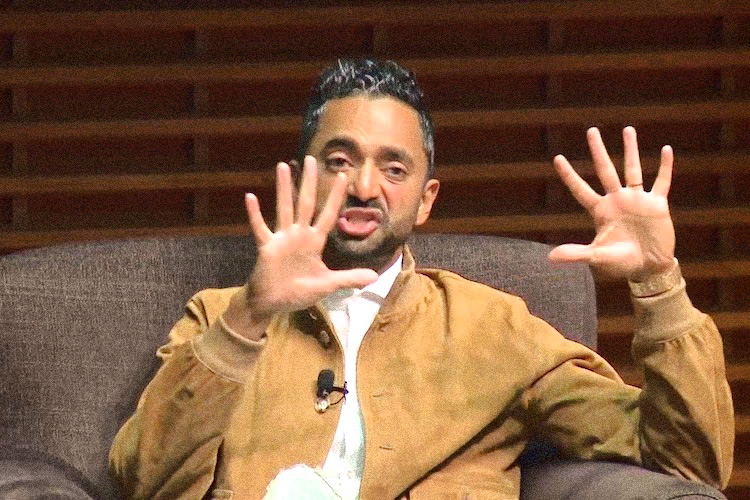Another Facebook Executive Issues Warning About its Disastrous Effect on Psychology and Society
By Vic Bishop
“I think we have created tools that are ripping apart the social fabric of how society works.” ~Chamath Palihapitiya
In a recent talk with the Stanford Graduate School of Business, former vice-president of user growth for Facebook, Chamath Palihapitiya, made some rather startling comments about the impact Facebook and social media are having on human culture.
When asked what ‘soul-searching’ he is doing right now, Palihapitiya responded:
“I feel tremendous guilt… I think in the back deep, deep recesses of our minds, we kind of knew something bad could happen…
It literally is a point now where I think we have created tools that are ripping apart the social fabric of how society works. That is truly where we are.
It is a point in time where people need to hard break from some of these tools, and the things that you rely on.
The short-term, dopamine-driven feedback loops we’ve created are destroying how society works…
No civil discourse, no cooperation, misinformation, mistruth. And it’s not an American problem… this is a global problem.
It is eroding the core foundations of how people behave by and between each other.” ~Chamath Palihapitiya
Watch more of this interview in the following video:
“When Facebook was getting going, I had these people who would come up to me and they would say, ‘I’m not on social media.’ And I would say, ‘OK. You know, you will be.’ And then they would say, ‘No, no, no. I value my real-life interactions. I value the moment. I value presence. I value intimacy.’ And I would say, … ‘We’ll get you eventually.’”
“I don’t know if I really understood the consequences of what I was saying, because [of] the unintended consequences of a network when it grows to a billion or 2 billion people and … it literally changes your relationship with society, with each other … It probably interferes with productivity in weird ways. God only knows what it’s doing to our children’s brains.”
“The thought process that went into building these applications, Facebook being the first of them, … was all about: ‘How do we consume as much of your time and conscious attention as possible?’”
“And that means that we need to sort of give you a little dopamine hit every once in a while, because someone liked or commented on a photo or a post or whatever. And that’s going to get you to contribute more content, and that’s going to get you … more likes and comments.”
“It’s a social-validation feedback loop … exactly the kind of thing that a hacker like myself would come up with, because you’re exploiting a vulnerability in human psychology.”
“The inventors, creators — it’s me, it’s Mark [Zuckerberg], it’s Kevin Systrom on Instagram, it’s all of these people — understood this consciously. And we did it anyway.” ~Sean Parker
Final Thoughts
The human race is stepping in to the perfect storm for disaster in our relationship with technology as advances in robotics, artificial intelligence and big data are converging to present us with unbelievable challenges.
Palihapitiya and Parker of Facebook are speaking to the legitimate concerns about these tools on the human psyche and how they affect our psychology. Combine this with robot sex toys, killer-robots, and mind-boggling AI, and we really have to wonder what is coming.









